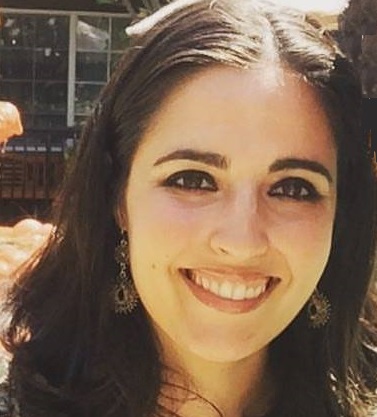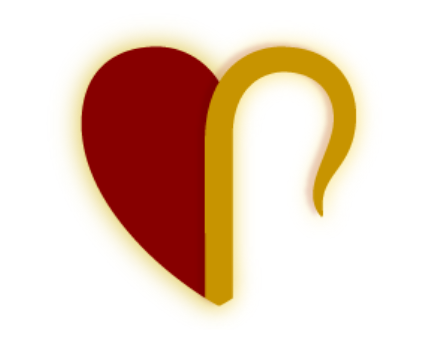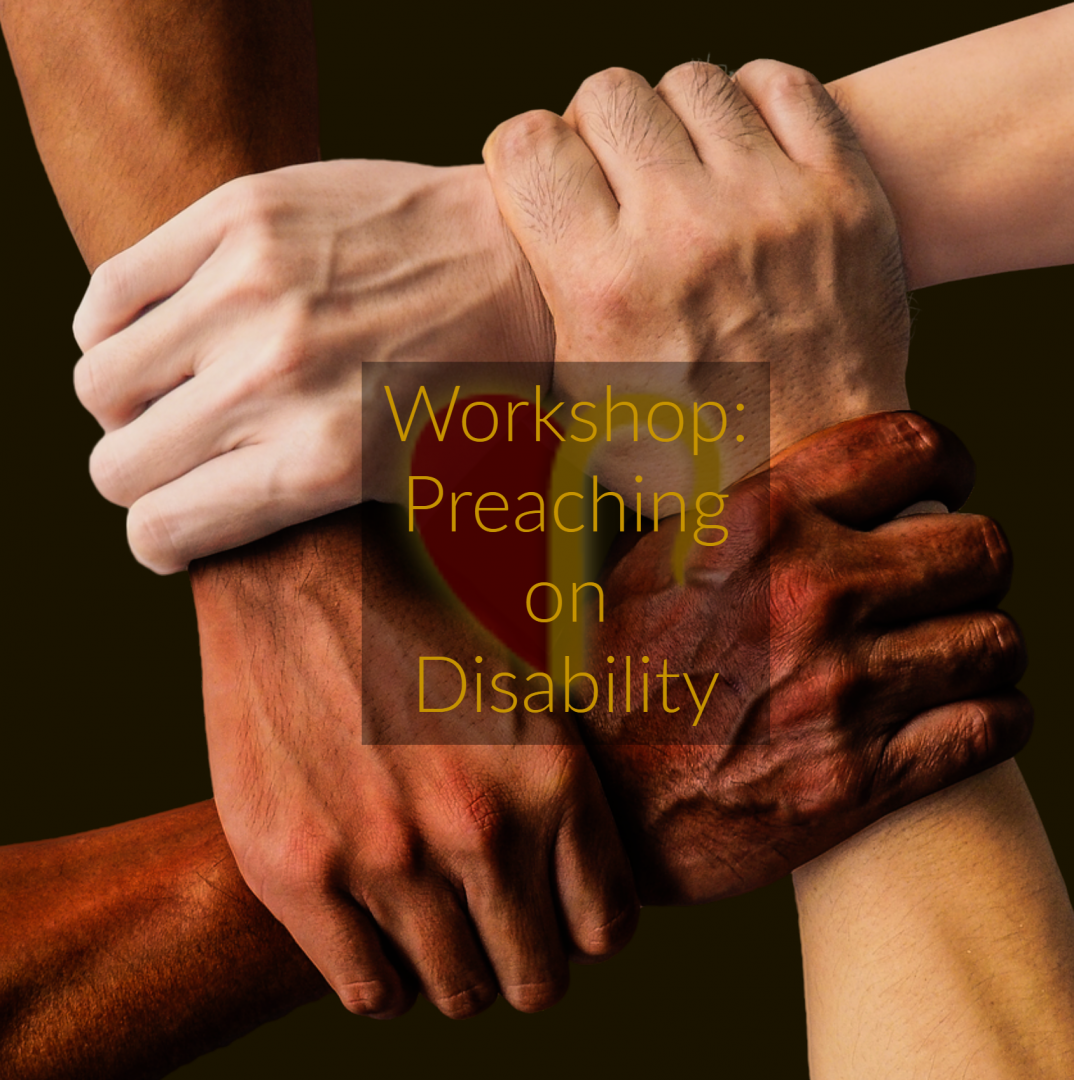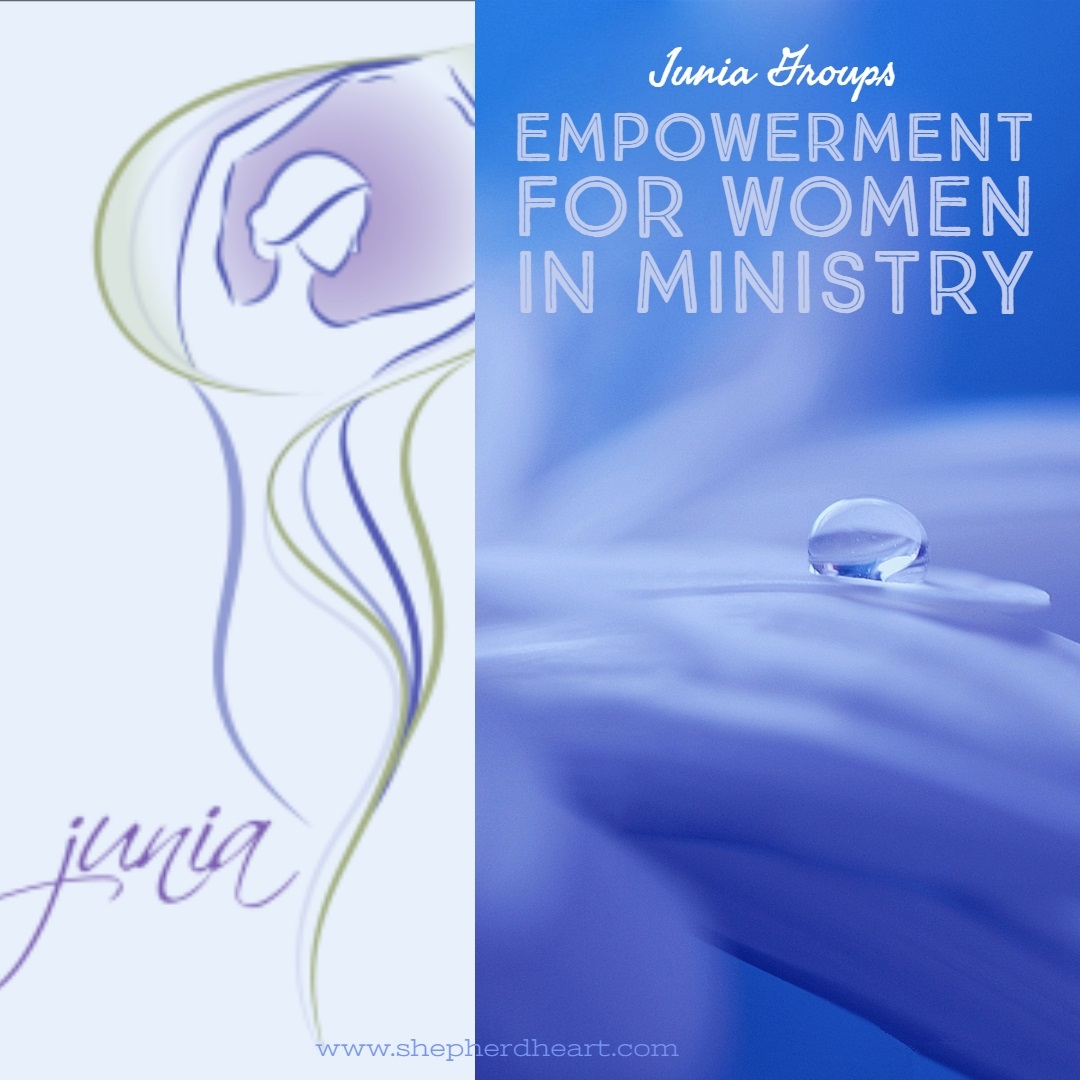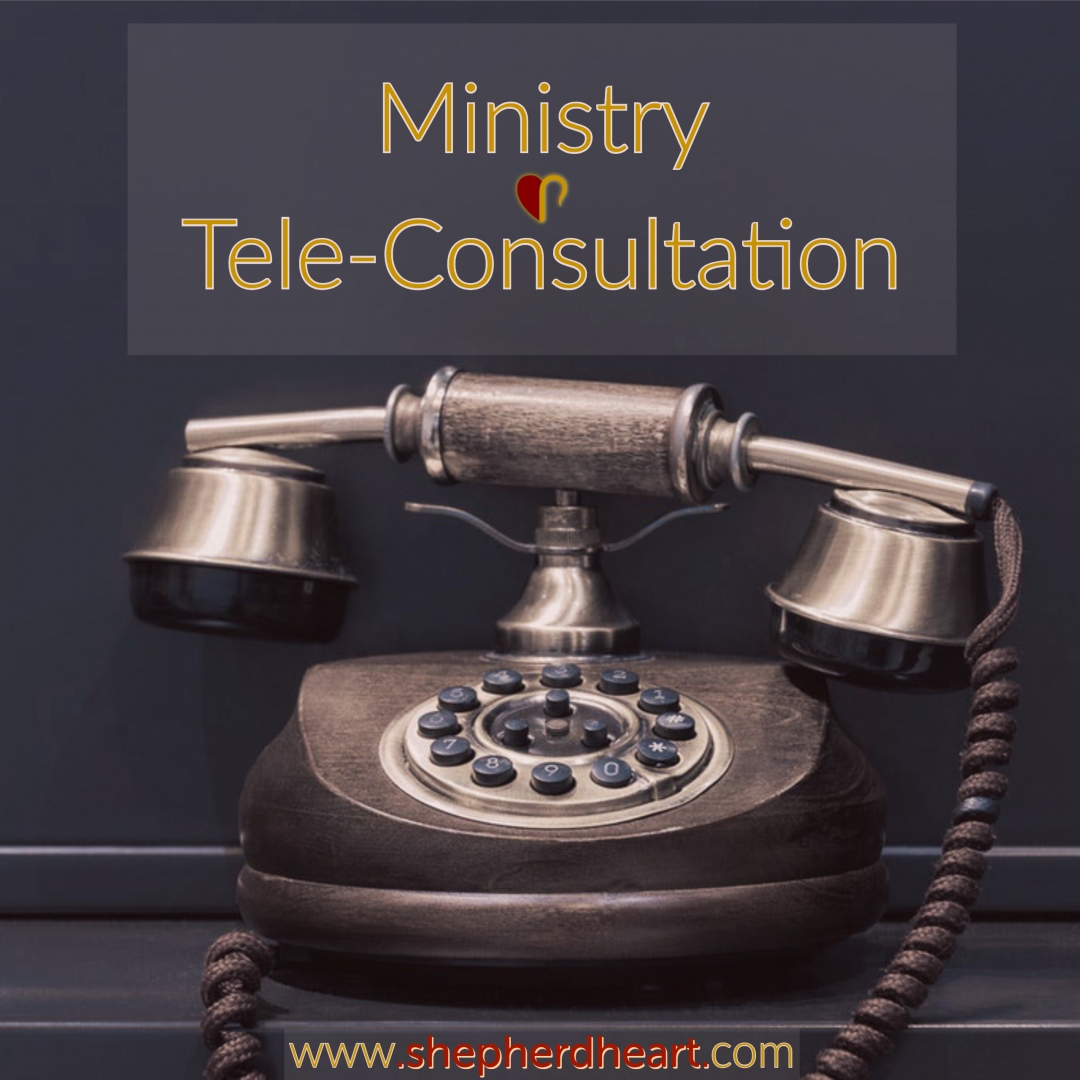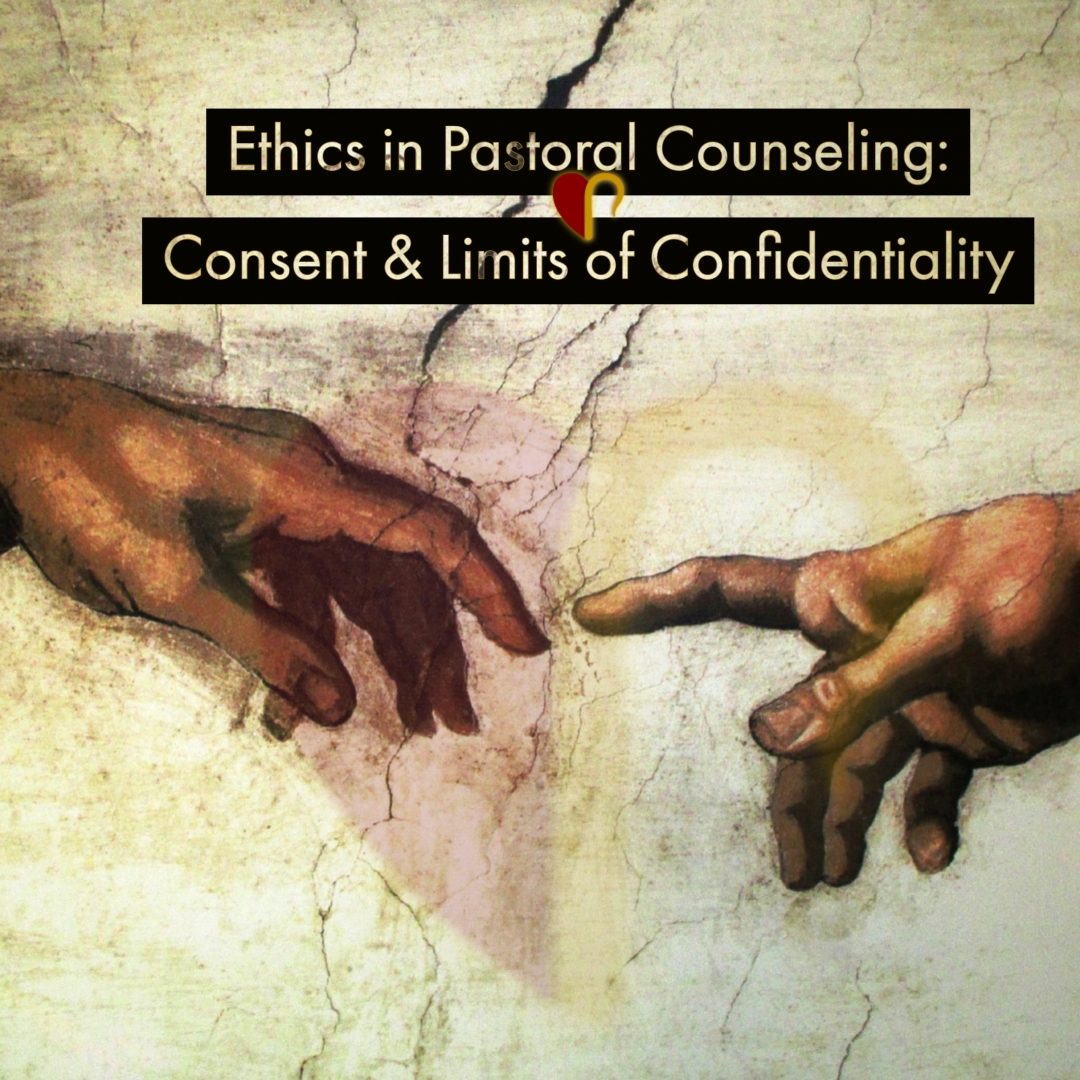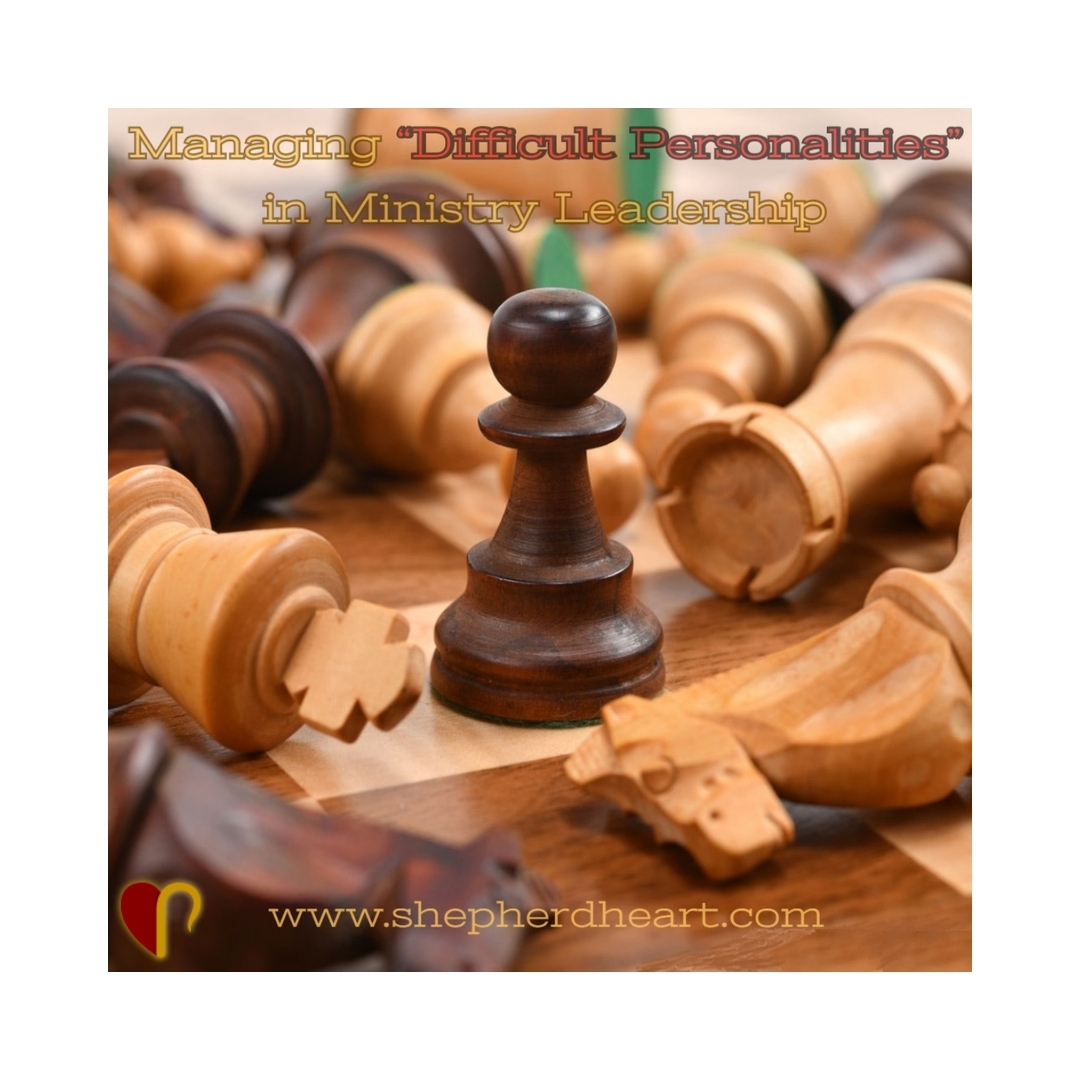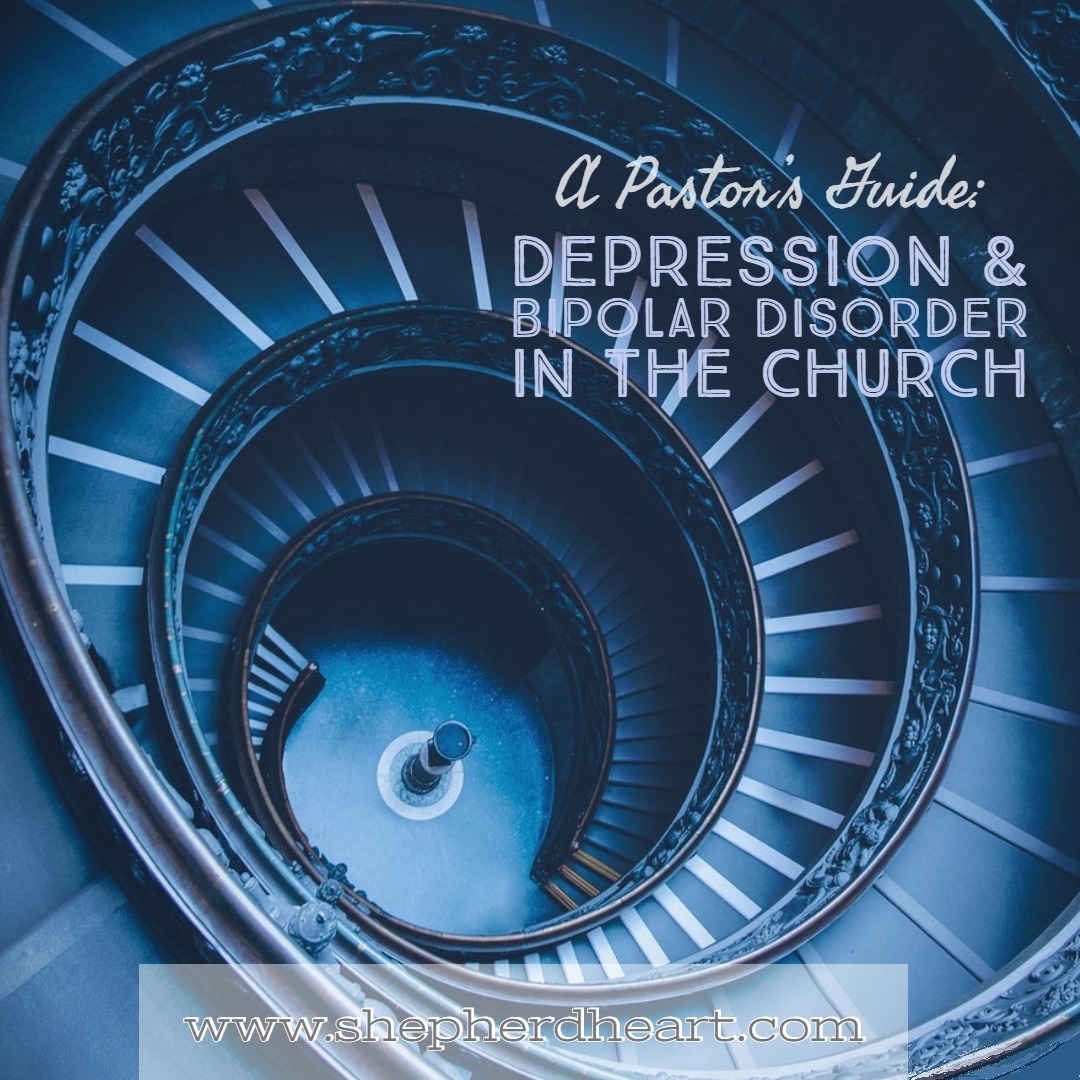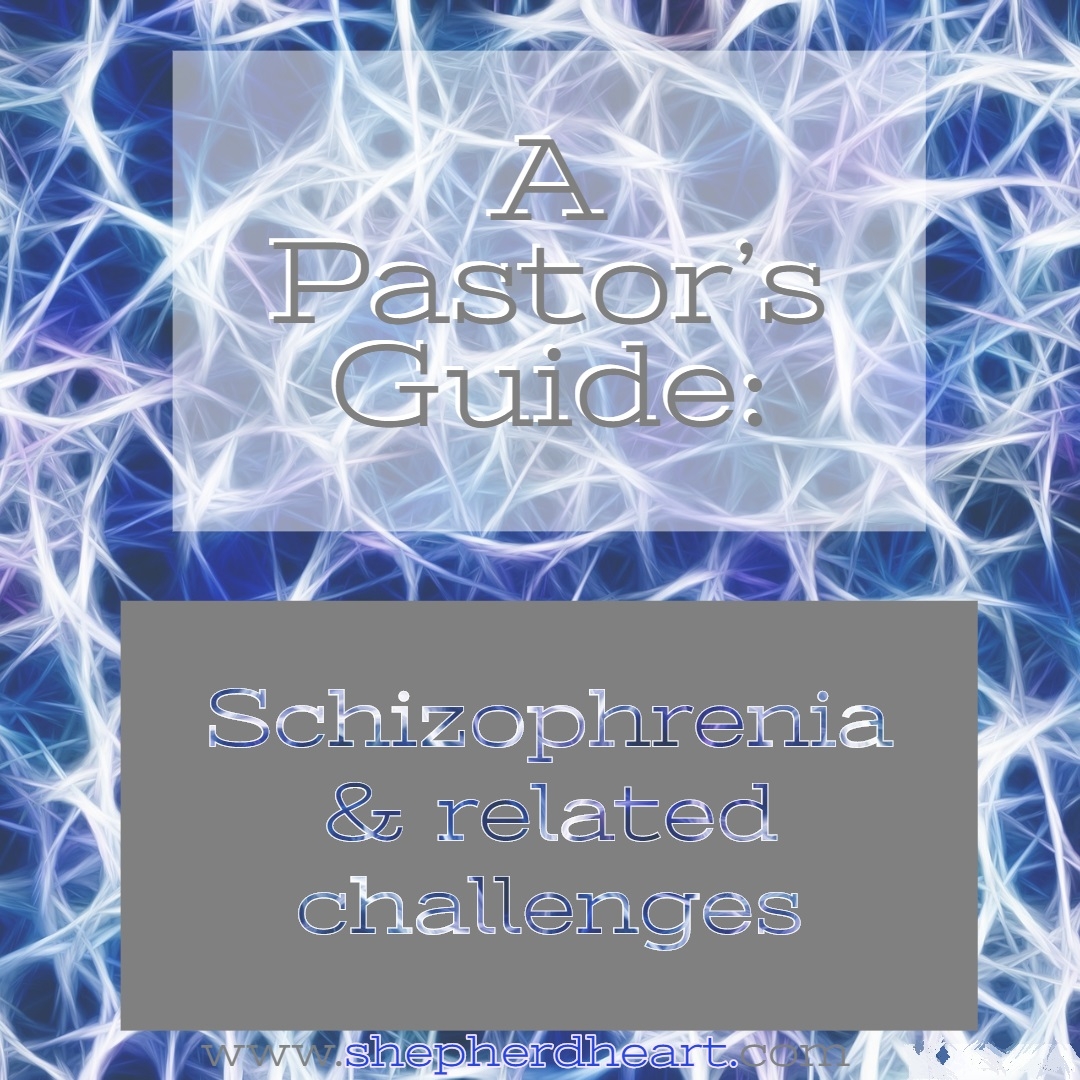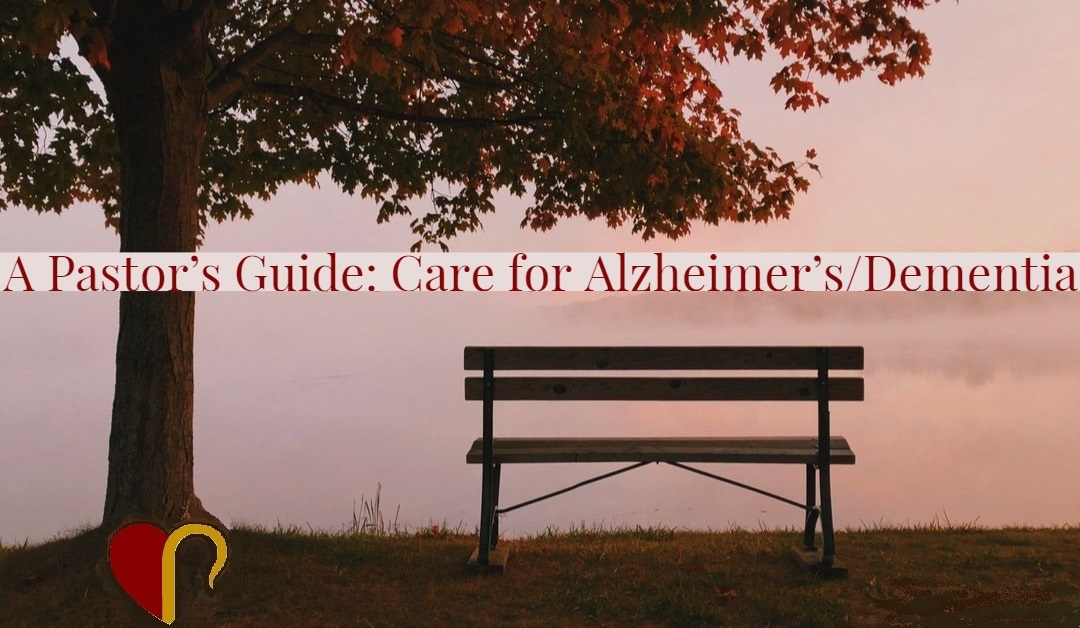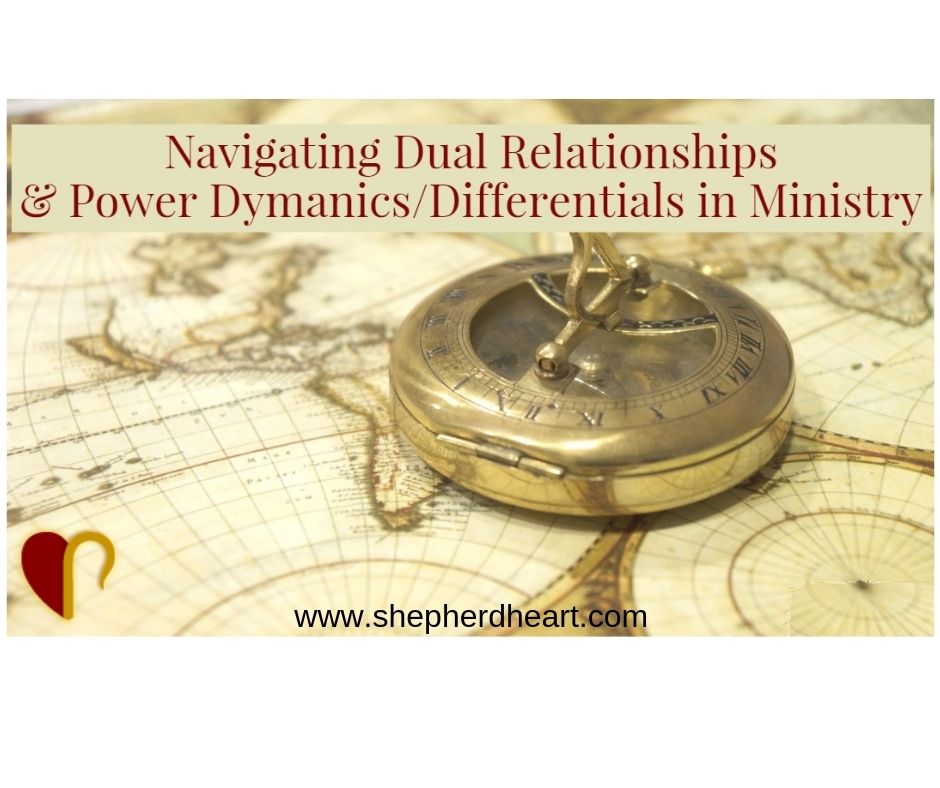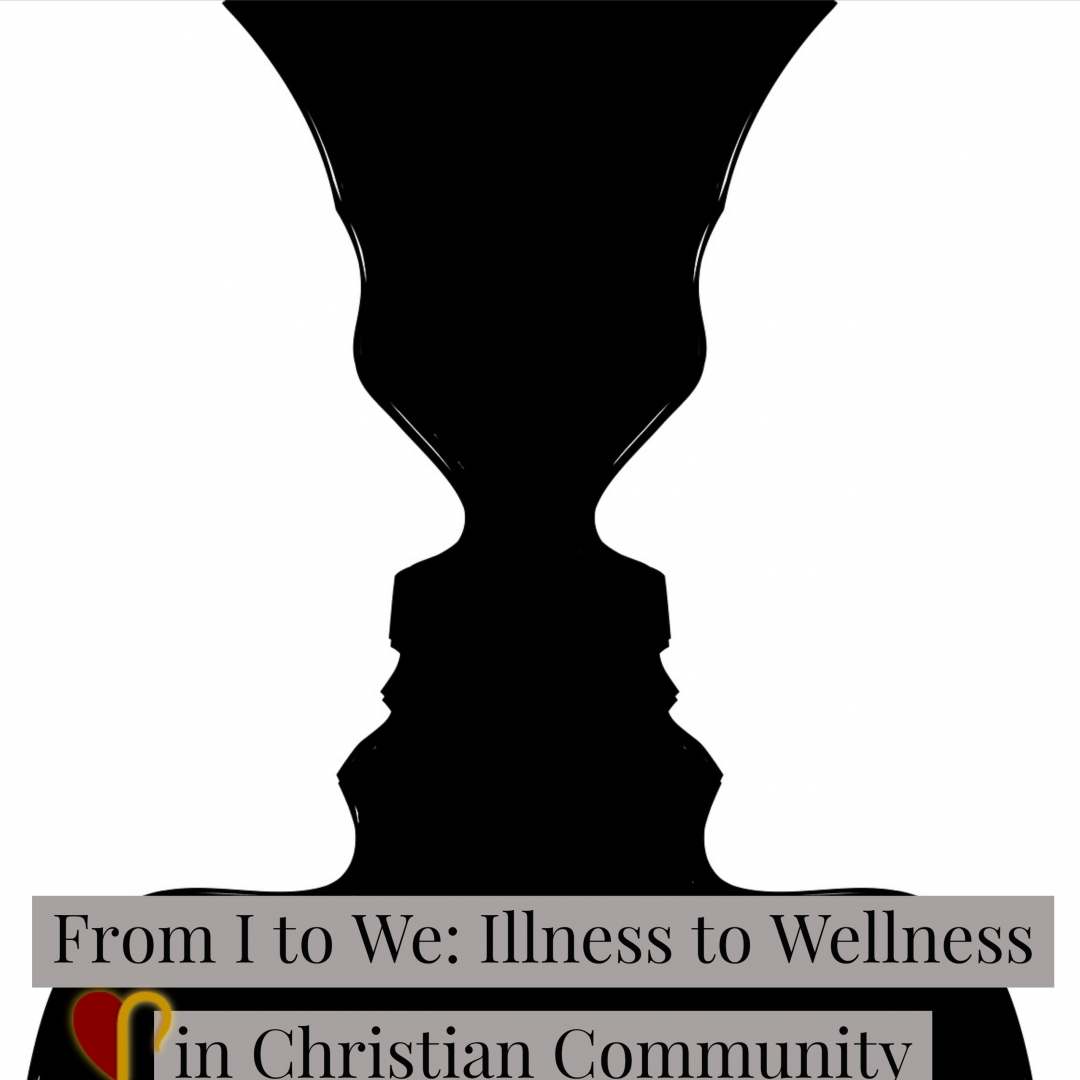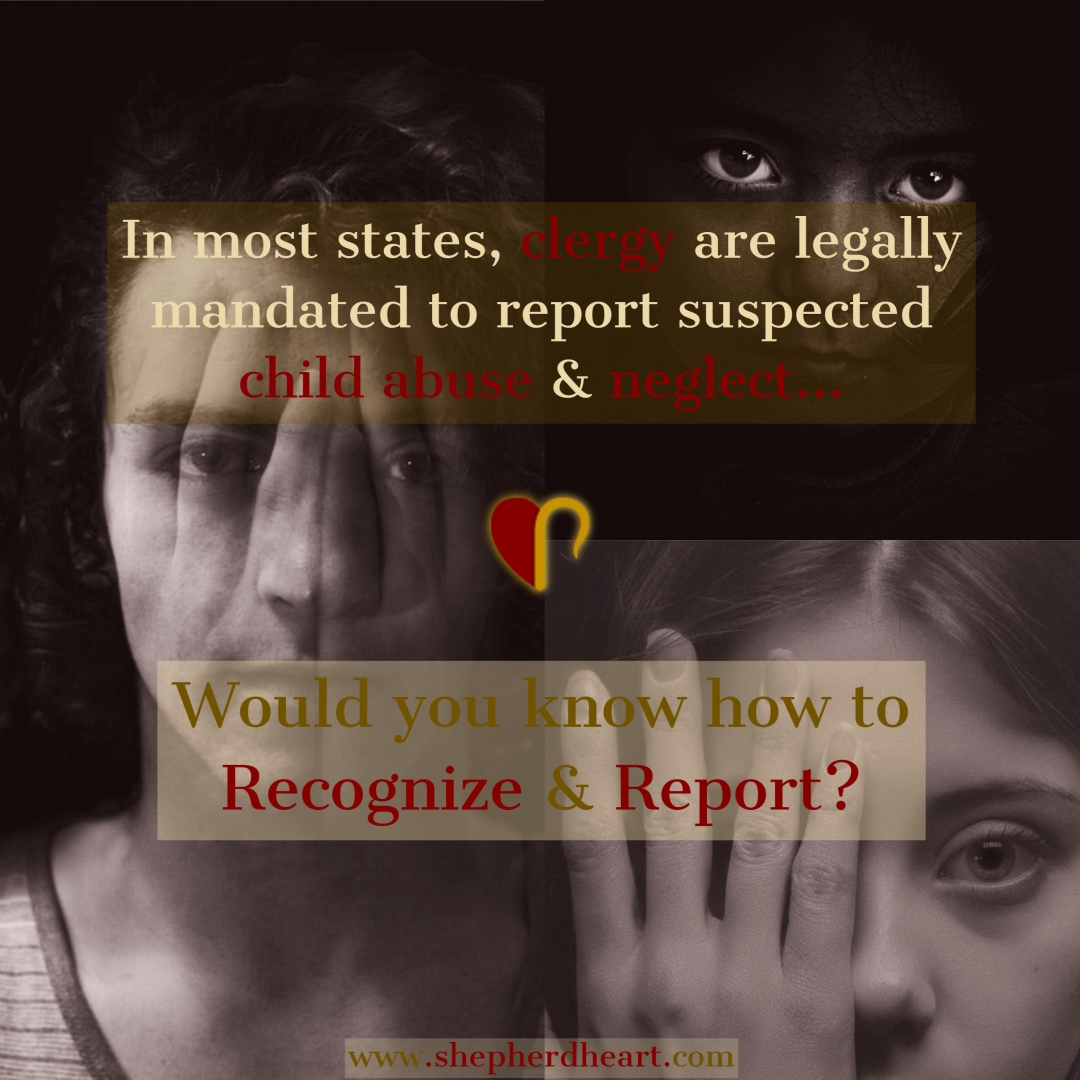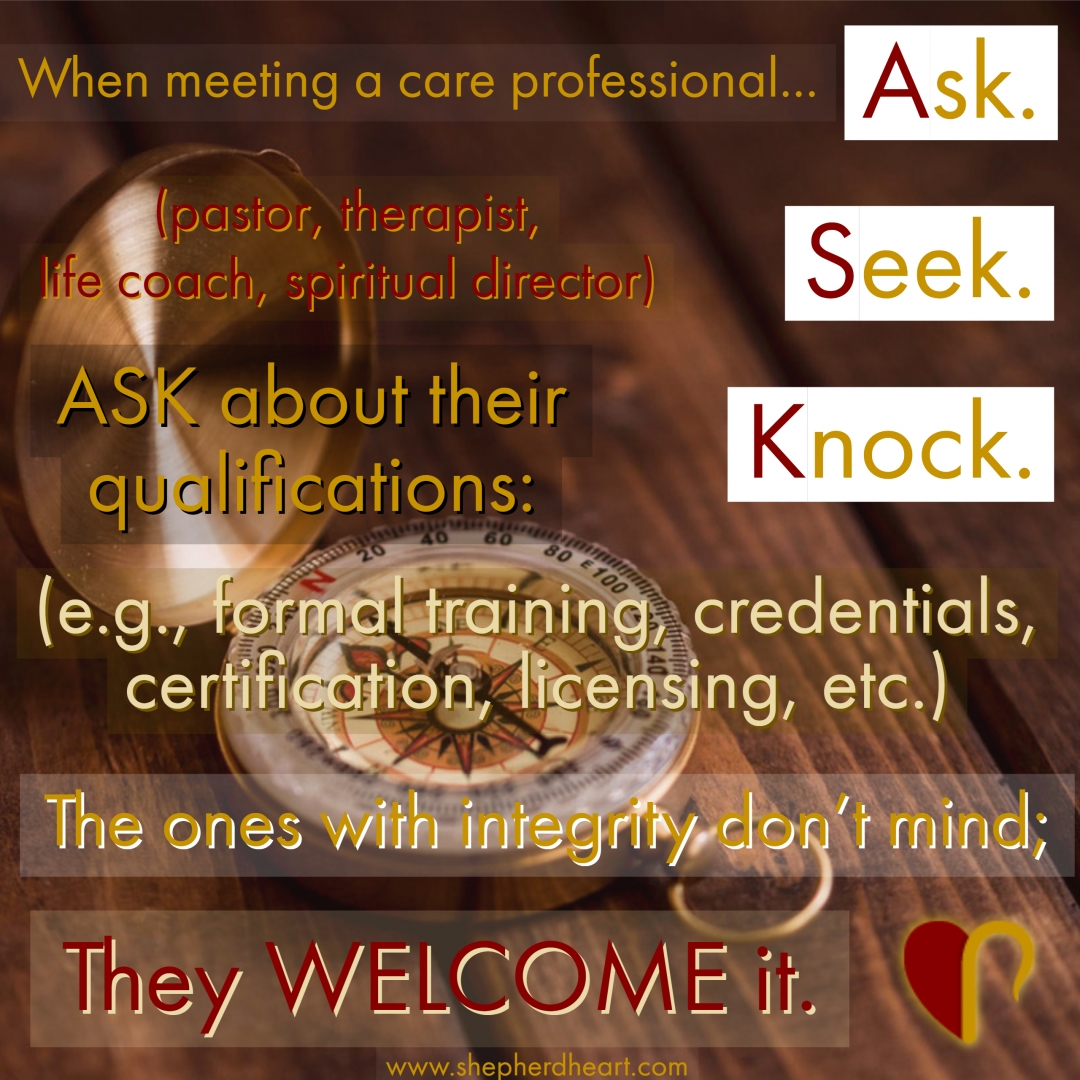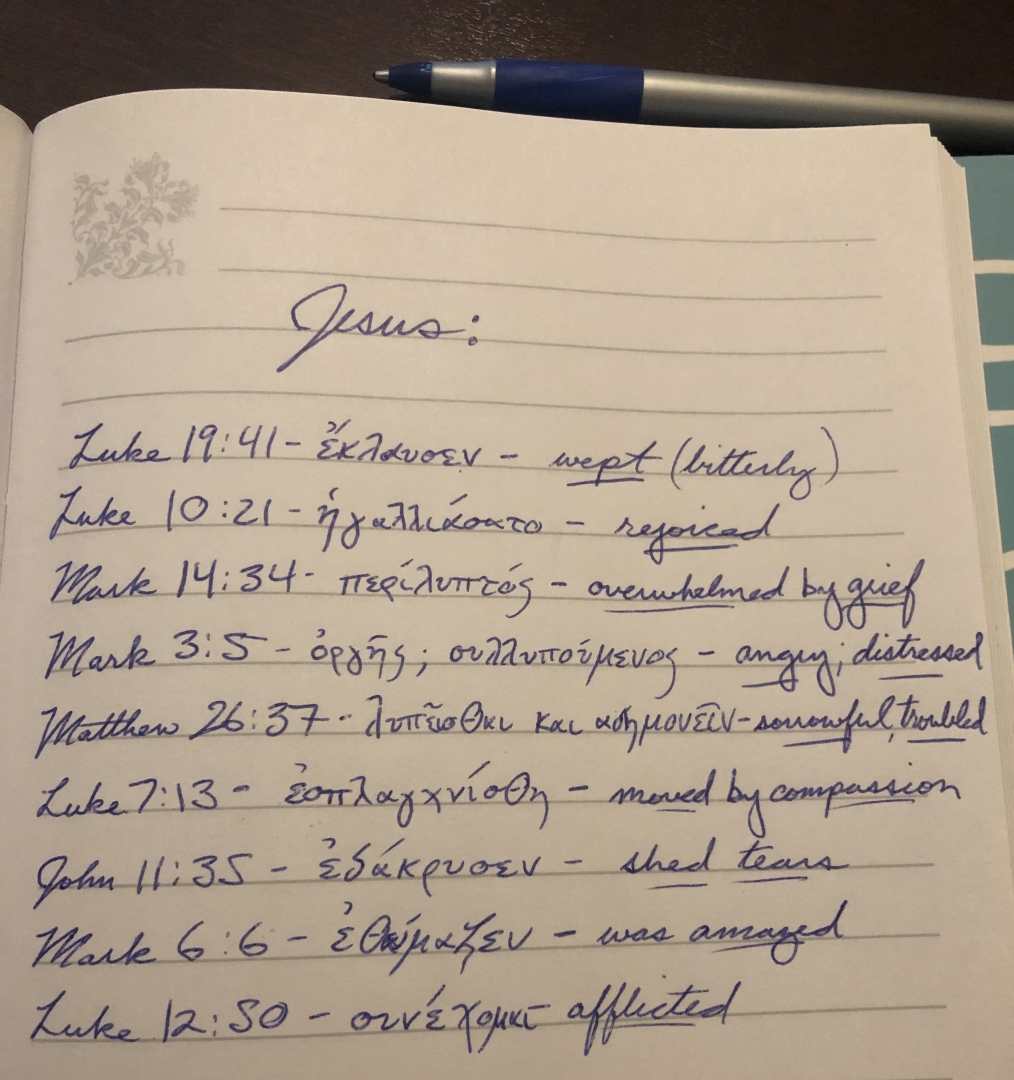Restoring God’s Image
by Allison Quient
“God created humanity in God’s own image, in the divine image God created them, male and female God created them” (Gen 1:27).
Human beings have a special calling to work together and use their identity, agency, and unique gifting to better one another and the world. And yet, we appear to be having some difficulty with our calling. For many of us this has been more than apparent in the recently voiced abuse scandals from the Southern Baptist Convention, Mars Hilll, Willow Creek Church and Harvest Bible Chapel (to name a few) which have suddenly exposed that dark shadow we had corporately been avoiding. Perhaps we aren’t as “together” or whole as we once imagined ourselves to be.
And yet, the road to emotional wholeness is also frequently a painful one, as we become willing to look at those parts of ourselves that require care, growth and conversion. Rather than being lost in guilt and shame, we must ask ourselves how a people called to be lights in a dark world have, in many ways, done the very opposite. The abuse of women is often a consequence of a wider problem: Throughout history we have disempowered women- made in the image of God- and in so doing have failed to properly reflect the likeness of God in Christ.
We must restore the “other half” of humanity to their rightful place of leadership. In Genesis, we learn that the woman is an ezer kenegdo. That is, “a strength corresponding” (Cf. Philip B. Payne, Man and Woman One in Christ) to man. This term is most often used of Yahweh, the “helper” of Israel. And yet, we have reduced this corresponding strength, explicitly called to co-rule over the earth, to an assistant, subordinate or silent role ignoring the explicit passage to co-rule as image bearers (Gen 1:28).
As the body of Christ, we were designed to work together. As it is stated in 1 Corinthians 12:26-27: “If one part suffers, all the parts suffer with it; if one part gets the glory, all the parts celebrate with it. 27 You are the body of Christ and parts of each other” (1 Cor 12:26-27). Is it any surprise that a world set up by God- to operate with both men and women in the leadership picture- does not function optimally, if not poorly? Why is it that the degree of male-only rule tends to produce less safety for women rather than more, and with it, societies and communities that are all held back from thriving? –And societies with more female inclusion in leadership and rights experience more thriving across the board?
With that said, here are five suggestions for helping your congregations to begin to include and empower women:
1. Verbally recognize the excellence, talents, contributions, intelligence, and insights of women.
2. Utilize the spiritual gifts and talents of women.
3. Go out of your way to include women in important conversations.
4. Mentor women with the goal of having them lead.
5. Recognize and counter your own biases.
For further elaboration, see Quient’s post on the Junia Project.
Allison Quient is a PhD student at the University of Aberdeen studying Systematic Theology and New Testament. She is the author of Eve Christology: Embodiment, Gender and Salvation published by the Canadian-American Theological Review, and author of Equating “Feminisms,” published by Christians for Biblical Equality.
Join a Junia Group: Empowerment Groups for Women in Ministry.(NOTE: Despite a mutual appreciation for the apostle Junia noted in Romans 16:7, Junia Groups are part of Shepherd Heart and are not affiliated with the Junia Project – though Shepherd Heart wishes God’s many blessings upon the Junia Project. Find the Junia Project and other resources in Biblical equality on Shepherd Heart’s Pastor’s Rolodex.)
Take a look at upcoming events & ministries at Shepherd Heart. Share in the Shepherd Heart vision & mission.
If you support the vision and the mission of Shepherd Heart, you can give a gift to sustain its ministries.
Shepherd Heart is *not* a 501c3, and therefore gifts are not tax-deductible at this time. Your gifts of any amount are deeply appreciated.

